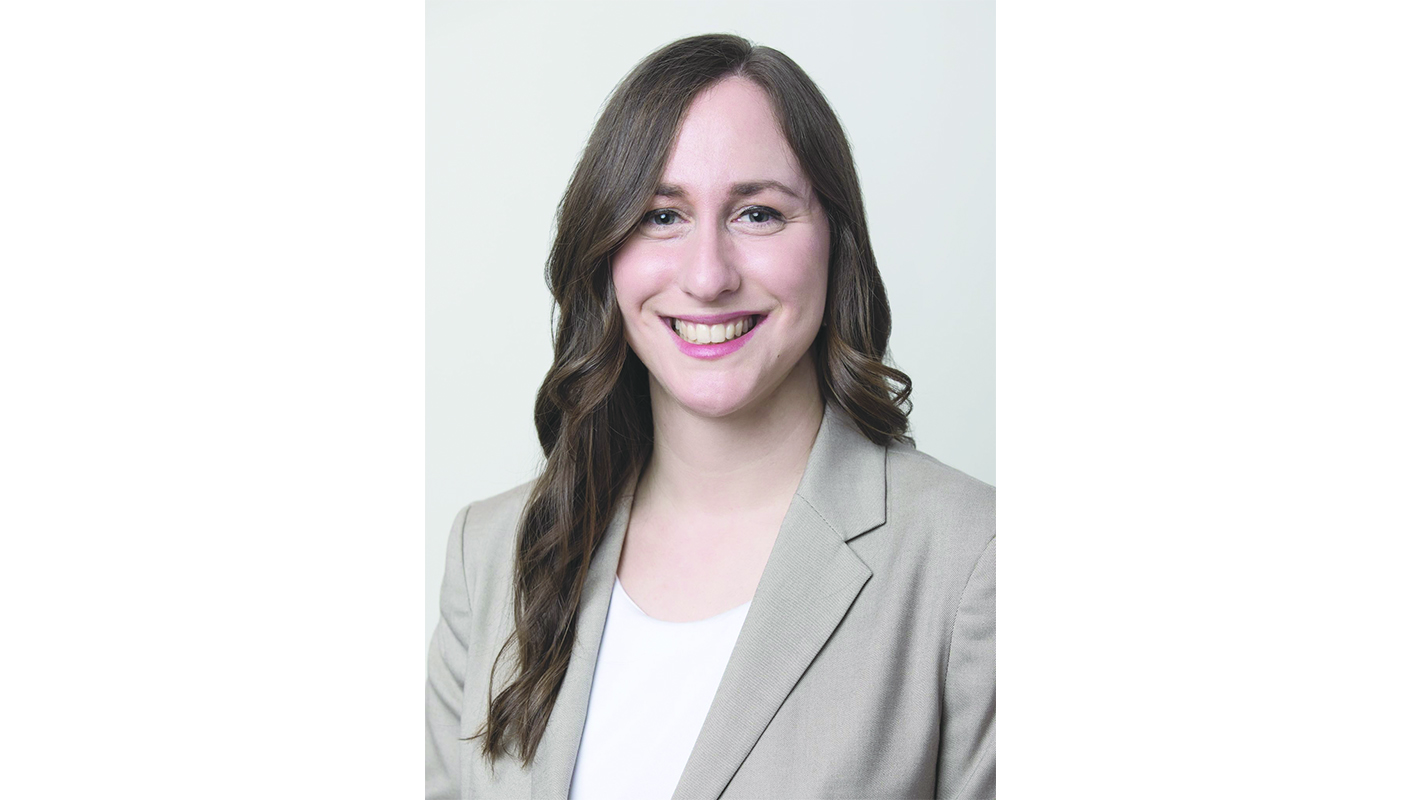The first year of Laura Sang’s family medicine residency has been a learning experience like no other. Not only has she been working within the province’s healthcare system as it tries to adapt to the realities of a global viral pandemic, but in the spring she became one of the now thousands of people in the province who have been hospitalized for COVID-19.
“It was the Friday of Easter weekend,” she recalled, noting that she was sick in what could still be called the early days of the pandemic in the province.
Sang’s personal account of coming down with COVID-19, entitled “Blurred Lines: From Doctor to Patient in the Blink of an Eye,” was written on her blog in May and has since been shared by a number of Montreal media in one form or another. In the text she described both the physical symptoms she experienced and the complicated feelings involved with being a patient in the same spaces where she was the doctor just days earlier.
In the months since writing it all down, she said that the experience has had a huge impact on her awareness of her own mortality, and the way that she looks at the world.
“I remember when I went back to do my emergency rotation, I saw that they put me in the room for people they might have to intubate,” the doctor said.“That was a really terrifying moment and I’m glad I didn’t realize while I was there. It really hit home that I was either going to go up to the wards and be fine, or I was about to crash and be intubated myself.”
Having already been immersed in the realities of the virus through her work with patients, Sang was already taking COVID-19 very seriously before she got sick, but looking back on the experience now she said that living it firsthand has kept her concern sharp and her empathy strong.
“For a lot of people, as the pandemic has progressed, there has been a sort of COVID fatigue, where as much as you want to keep up good habits, the standards we set for ourselves break down,” she said, offering the example of regular handwashing becoming more and more infrequent over time. “People are just getting exhausted and thinking, ‘whatever happens will happen,’ but because of what happened to me, and how sick I got and how long I felt it, I have a much stronger incentive to fight that fatigue.”
Asked how she feels about the recent push-back by some against public health recommendations, the doctor put those opposed into two categories. Where, on the one hand, she said that she doesn’t feel it is worthwhile to try to convince conspiracy theorists that the situation is more dire than they believe, she argued that there is a large group of people who are simply disillusioned or poorly informed who can understand better with some support.
“I understand where they are coming from, and I think that helps me to not be overwhelmed with frustration about it,” she said, noting that for people who are used to clear answers from specialists, this year in which even the experts are figuring things out as we go is a very different experience. “People don’t know what to believe. I try to use that as an opportunity to educate; I’m trying to use my anger at COVID to help change perceptions in the patients and people I encounter.”
She recognized the fact that someone who has not been personally sick or who doesn’t know someone who has might have a harder time holding onto the seriousness of the virus, but she also stressed the fact that she has seen a number of people, young and old, go through very real struggles with COVID over the last several months.
“I think the biggest toll for me was psychologically,” she reflected, sharing that despite a long road of recurrent and unusual symptoms on the road to physical recovery, the stress and uncertainty of what it means to have been sick and then “recover” have been difficult.
“There’s a lot of uncertainty,” she said, pointing out that there is limited information at this point on the body’s long-term immunity after fighting the virus. “Whenever you hear about it in the media there’s the people who have not been infected and then there are the people who are actively sick, but there’s not too much discourse about the people who have recovered,” she continued. “I almost feel as if we’re this forgotten group.”
Personally determined to continue airing on the side of caution, the doctor said that she now sees people struggling with the various psychological tolls of this pandemic all the time.
“Our entire way of living has been overturned,” she said, comparing the situations to the collective trauma of countries that have experienced a war. “We need more support in helping the general public cope. We need to learn new ways of relating to each other. These difficult, emotionally exhausting circumstances have just highlighted how important mental health is in our society and we should be putting more resources into that.”
Laura Sang’s reflections on her COVID experience, both as doctor and patient, can be found on her blog https://whitecoatsandotherthings.blogspot.com/
When the doctor becomes the patient: A medical resident reflects on what she learned, and is learning, from her experience with COVID-19
By Gordon Lambie




